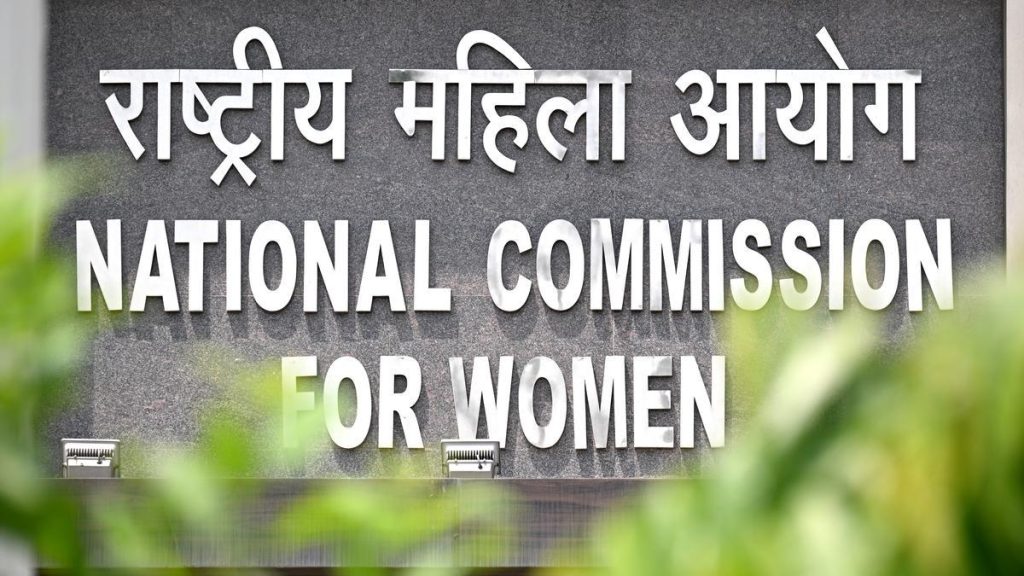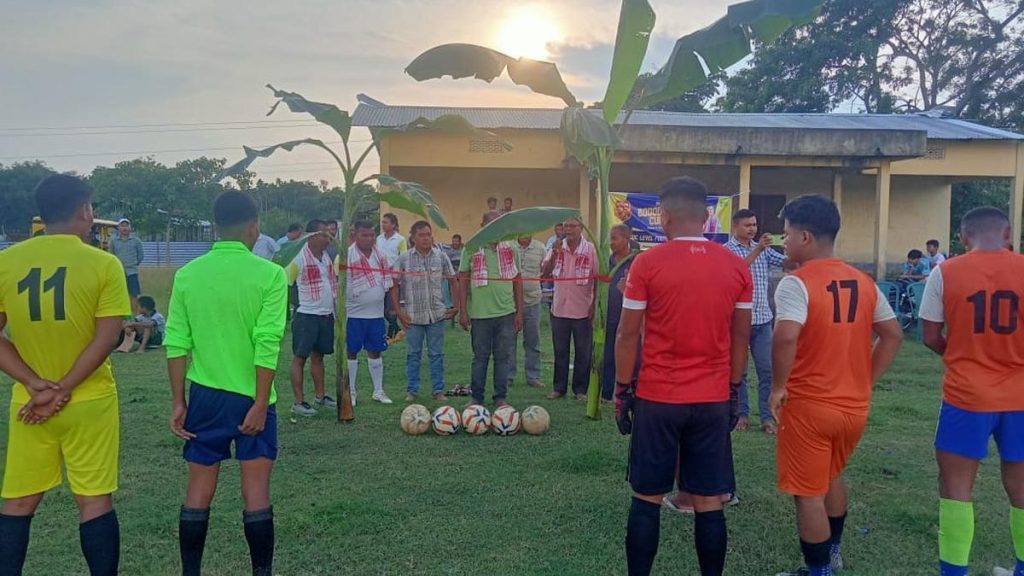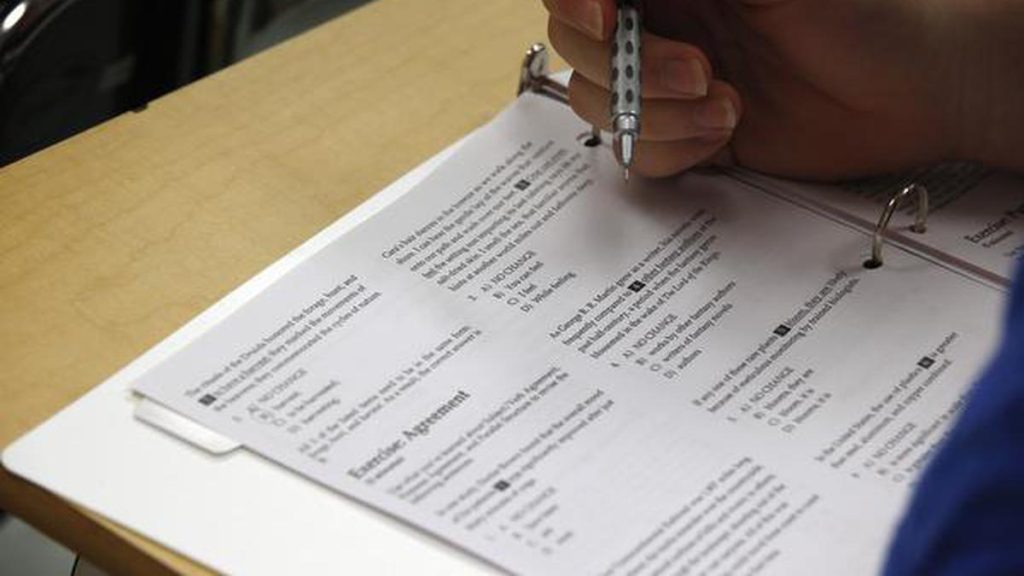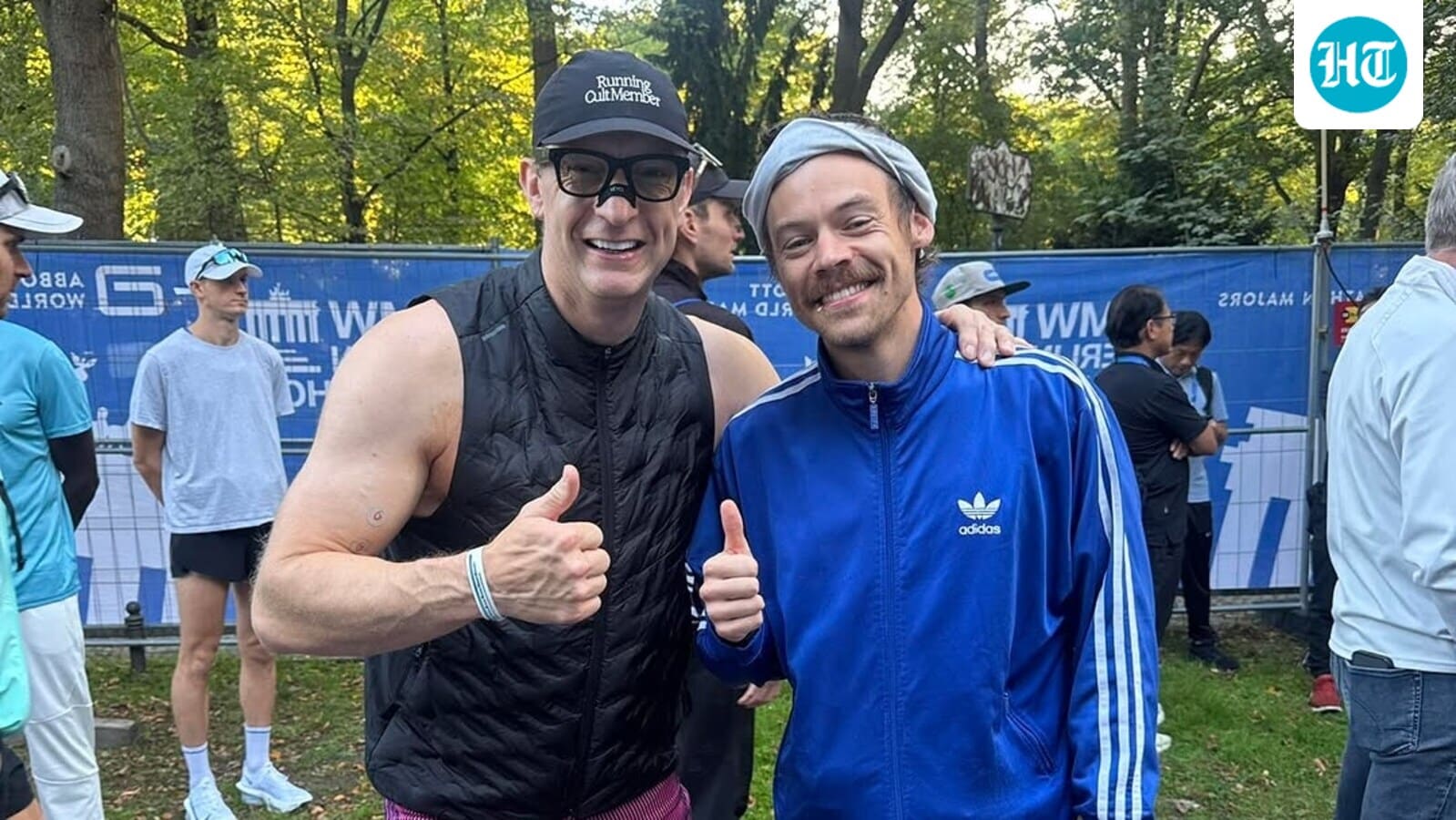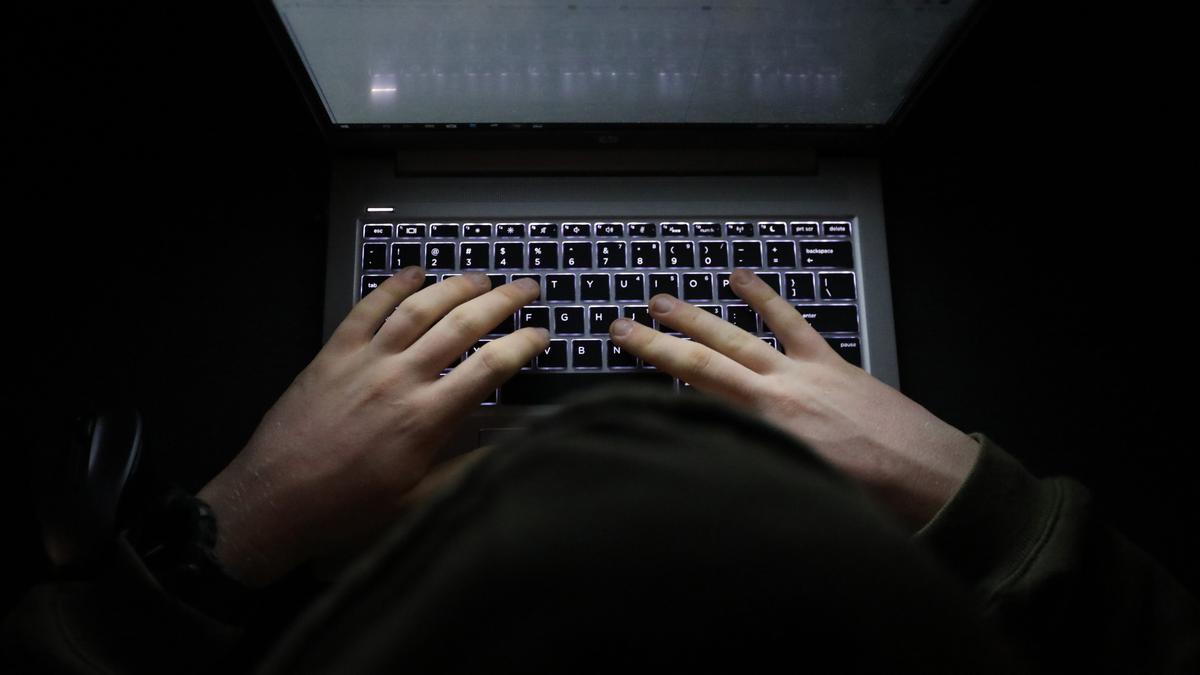Now Reading: Karnataka Launches Fresh Caste Survey Initiative
-
01
Karnataka Launches Fresh Caste Survey Initiative
Karnataka Launches Fresh Caste Survey Initiative
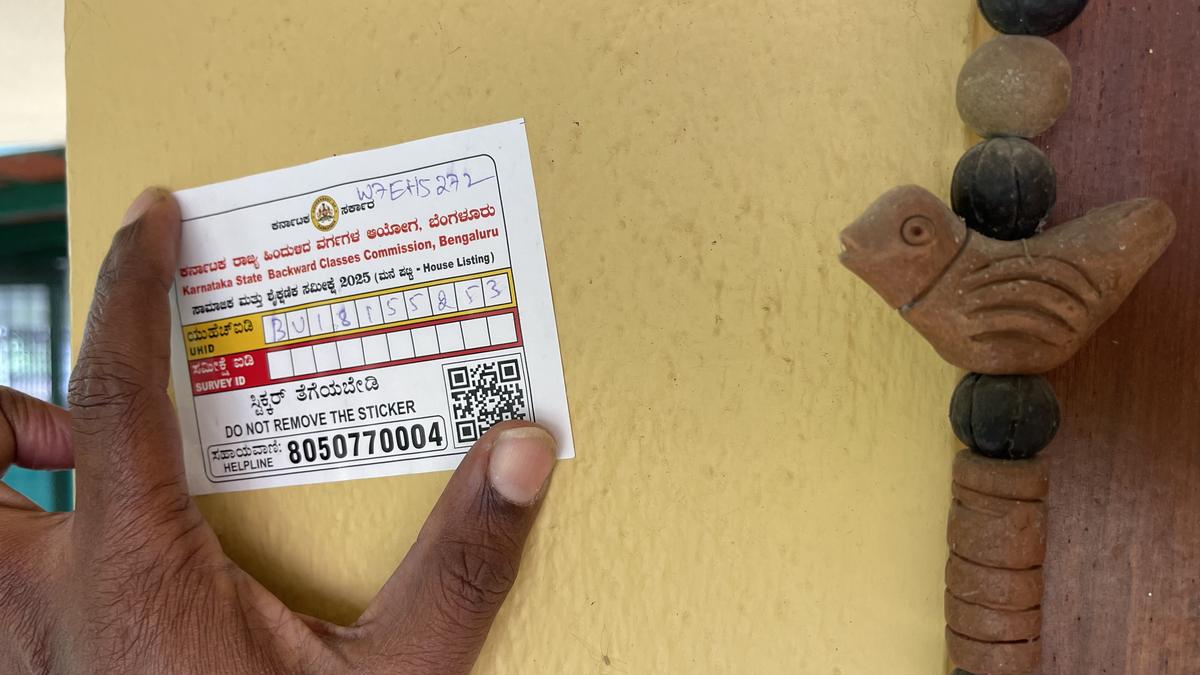
Quick Summary:
- Karnataka is conducting its second socio-economic survey starting September 22, 2025, under the Congress-led government. The first survey (2015) and its recommendations submitted in 2024 were set aside.
- The survey, led by the Karnataka State Commission for Backward Classes, has sparked controversy and opposition from political groups like BJP and dominant caste communities.
- A tentative list of 1,400 castes, including newly identified Christian sub-castes (e.g., Vokkaliga-Christian), has been a point of contention. These inclusions have drawn objections from ruling party Cabinet Ministers as well.
- Major communities (e.g.,Veerashaiva-Lingayats,Vokkaligas) fear that new caste entries may dilute their population figures used for political influence.
- Two Veerashaiva-Lingayat organizations have advised community members to identify under ‘Others’ as separate religious identities rather than Hindu.
- The Opposition BJP accuses the Congress government of attempting to “divide Hindus” through caste-based politics. However, the commission clarified caste additions were based on community requests during past surveys without political interference.
- The findings are expected to substantially impact backward classes’ 32% reservation quota within Karnataka’s overall 56% reservation policy framework.
Indian opinion Analysis:
The ongoing socio-economic survey highlights India’s complex interplay between social stratification and political representation.By centering this effort on caste enumeration linked to reservations and state benefits, the exercise holds high stakes for diverse groups aiming for demographic leverage.
The concerns raised by dominant castes underscore a past reliance on projected population strength for negotiating power in governance structures-a crucial determinant of resource allocation in states like Karnataka. Simultaneously, semi-nomadic or marginalized communities hold hope for greater attention despite being overshadowed by louder voices from larger groups.
While criticisms of “dividing Hindus” reflect ideological tensions between parties like Congress and BJP over identity politics, neutral observations point toward unresolved challenges within democratic frameworks dependent on data-driven inclusivity.
read more: Link


